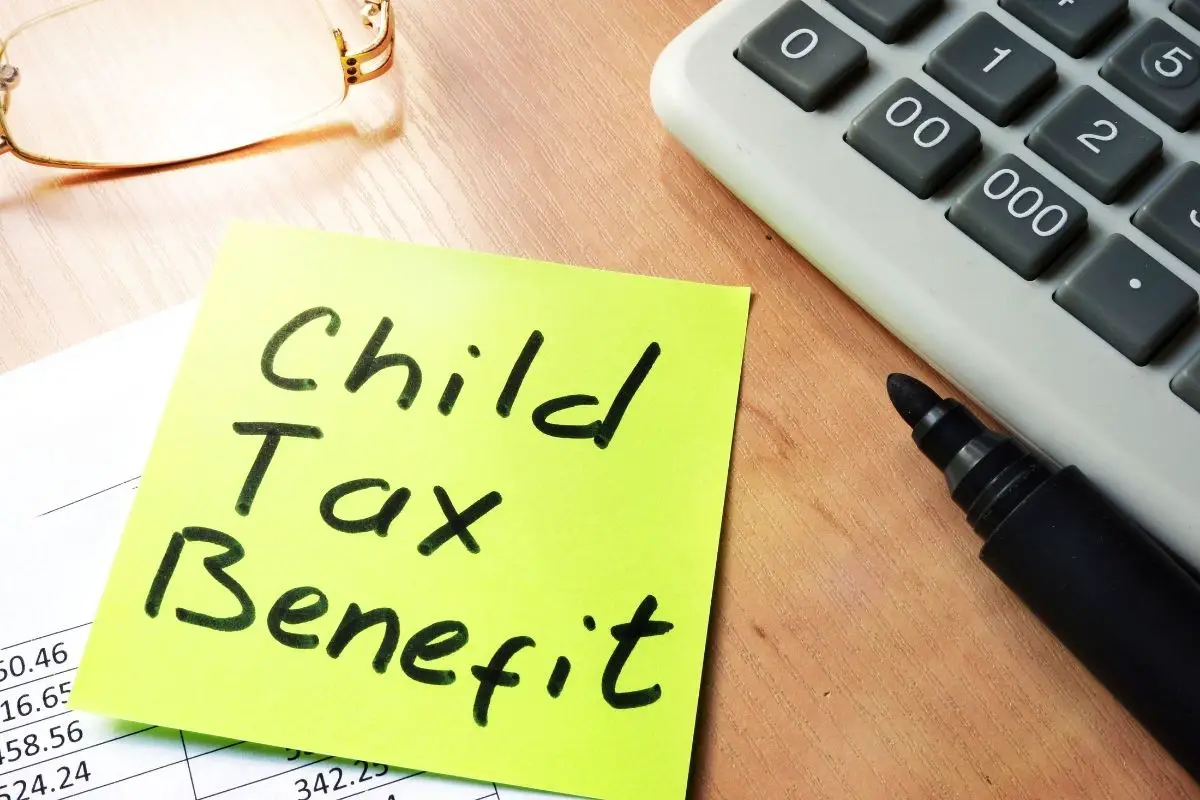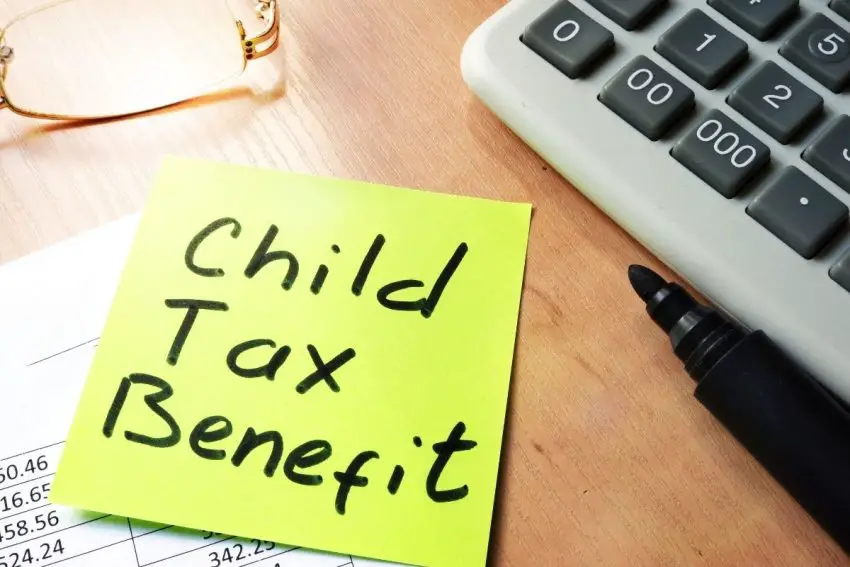If a family has split, and there is either joint custody or the child/ren spend part of each week with one parent and part with another, then it stands to reason that both parents may be interested in claiming a child when they are filing their tax return.

But before you go ahead and try to claim the child on your tax return, you need to ascertain whether or not you are actually allowed to do so, especially if you suspect that the other parent may try to make the claim.
And that is the focus of this article. What’s more, we’ll also answer all of your most frequently asked questions on the subject along the way.
By the time you get to the wrap up at the end, you’ll know exactly where you stand and what to do. Please feel free to scroll ahead to any section that jumps out at you. Here goes.
Contents
Can 2 Parents Claim The Same Child On Taxes?
The short answer is that, in most cases, the answer is no.
According to the relevant page on the IRS website, “If a child is a qualifying child of both the parents, generally, only one parent can claim the child as a qualifying child for all of the child-related tax benefits.”
These child-related tax benefits include child tax credit, Earned Income Tax Credit (EITC), credit for child and dependent care expenses, dependency exemption, and more.
Can One Parent Claim Head Of Household And The Other Claim The Child?
The answer to this is yes, one of you can claim head of household and the other can claim the child as a dependent.
However, it’s important to note at this point that head of household status can only be claimed by a parent who has had custody for at least 6 months of that tax year.
Can You Split Dependents On Taxes?
If you have shared custody of a child, or if children of yours spend a significant amount of time with both you and your ex, it stands to reason that it is only fair that you should be able to share any credits and benefits owed.
Sadly, however, it turns out that this is against the rules. Only one taxpayer can claim the same dependent in a tax year, and the IRS rules strictly prohibit splitting a dependent.
However, there is some good news in this regard. Although both parents cannot both claim the dependent in a single tax year, the two parents can agree to alternate claiming the child in different years.
Which Parent Has The Right To Claim A Child On Taxes?
If the family has split, the rules regarding which parent has the right to claim a child on their taxes comes down to whomever is the custodial parent.
A custodial parent is defined as the one with whom the child has lived with the most during that particular tax year.

What Happens If My Ex And I Both Claim A Child On Taxes?
If you are part of a split family, and you feel you have the right to claim one or more children on your tax return, and you suspect that your ex will, too, it’s important to know what happens in that instance.
It turns out that when two split parents both claim a child on their individual tax returns, the IRS automatically rejects the one that’s filed last.
Worse still, this is even the case when the second tax return filed happens to be the one from the custodial parent (the one who the child has lived with the most during that tax year).
Can A Parent Claim A Child On Taxes If They Don’t Live With Them?
Now, here’s some good news. If you want to claim for a child on your tax return, and they don’t happen to live with you permanently, you may still be able to go ahead and claim.
However, the rules on this state that in order to claim for a child who doesn’t live with you, they must meet certain criteria with regard to their relationship with you.
More specifically, they have to be either your child, your grandchild, or great-grandchild.
What Happens If The Wrong Parent Claims The Child On Taxes?
If you are certain that you are the custodial parent (as defined earlier) and your tax return has been rejected because your ex has already filed their tax return which claims the child as their dependent, you don’t have to worry, all is not lost, and you can turn the situation around if you proceed with the following steps.
First, you need to gather all the documentation you can that supports your case. Then, you need to download and complete Form 866-H-Dep.
Then you need to gather your printed tax return, along with your income and deduction forms (1099, W-2, etc.) and your complete Form 866-H-Dep, and mail it all to the IRS.
The IRS will then examine both tax returns (yours and your exes) and apply their tiebreaker rules.
The second tiebreaker rule is about where the child or dependent predominantly resides.
In the case of separated parents, it is the one who is the custodial parent (as defined earlier) who can legally claim the child on their tax return.
Wrap Up
So, as you can see, the rules surrounding this matter can be rather complex, but with this article at hand, you should now know exactly when you stand with regard to claiming a child on your tax return.
As well as understanding the importance of filing your taxes in a timely fashion so that you don’t risk your tax return being rejected.
You would also do well to keep records of when the child is staying with you, so that you have proof of whether or not you are in fact classed as the custodial parent.
And in the event that your ex has claimed for a child when they aren’t right to, you can take action and solve the problem.





